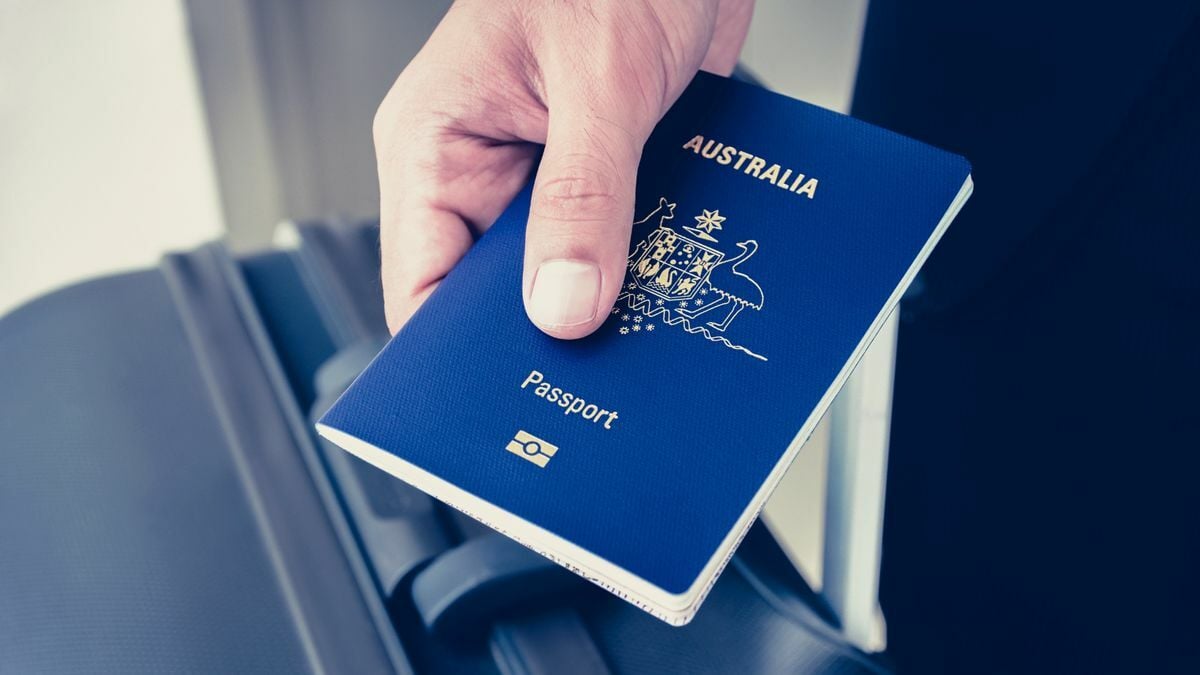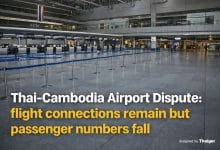Aussies now need an ETA to enter Thailand

Australians planning a getaway to Thailand will soon have an extra step to complete before boarding their flight. The Thai government is introducing a mandatory electronic travel authorisation (ETA), which must be obtained ahead of travel.
This new system, introduced by Thailand’s Ministry of Foreign Affairs, is designed to enhance the screening and tracking of foreigners entering the country.
“The ETA will be an important tool for screening and tracking the movement of foreigners entering Thailand.”
The Thai ETA is required for travellers from nearly 100 visa-waiver countries, including Australia, New Zealand, the United Kingdom, Canada, the United States, Singapore, China, Hong Kong, and most European nations. It’s a system similar to the USA’s ESTA and the upcoming travel authorisation systems in Europe, the UK, and Japan.
Scheduled for a pilot launch by December this year, with a full roll-out by June 2025, ETA applications will be processed online via the official Thai e-Visa website. Unlike other countries’ ETAs, which may allow multiple entries over several years, the Thai ETA must be applied for each time a visitor plans to enter Thailand. However, it’s expected to be free of charge.
Once approved, ETA holders will benefit from the convenience of automated passport gates at immigration checkpoints. This comes alongside the recent extension of stay for tourists and business travellers from visa-free countries, who can now enjoy up to 60 days in Thailand, with the possibility to extend for another 30 days upon arrival.
In addition, Thailand introduced the Destination Thailand Visa (DTV), tailored for remote workers, digital nomads, and visitors attending approved activities. Priced at 10,000 baht (430 Aussie dollars), this visa allows a stay of up to five years, provided applicants can prove they have at least 500,000 baht for the duration of their stay.
The DTV also covers the holder’s spouse and dependent children, offering them a five-year stay with multiple entries, extendable by another 180 days, reported Executive Traveller.
Latest Thailand News
Follow The Thaiger on Google News:


























